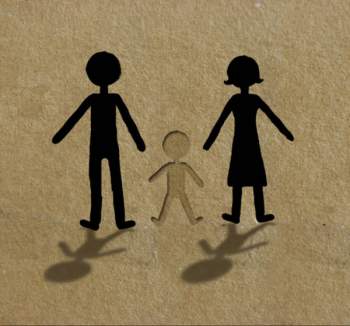
Child Custody for Fathers

Child custody disputes can often be one of the most contentious parts of the divorce process. Parents in all states are encouraged to reach agreement before appearing in court on how to handle issues such as:
• How a child’s major medical needs will be handled and what treatments are acceptable
• Who has custody of the child on specific holidays
• How the time the child spends with each parent will be divided
• What information parents must agree to share with each other, how communication will take place and at what regular intervals
• Who has the legal right to make decisions on behalf of the child
These issues can be resolved in a written agreement created by both parties and submitted to a court along with a petition for divorce. This can be the case whether the state in question allows two spouses to file some form of a joint petition for divorce or whether the state requires one spouse to formally serve another with a copy of the complaint against them.
The vast majority of child custody disputes are settled without the intervention of a judge. It is possible to pursue child custody for fathers as part of the divorce mediation process. In this procedure, spouses discuss their disagreements before a neutral third party who helps them craft a mutually acceptable agreement. If two spouses are unable to reach agreement among themselves about issues relating to minors, in most states a judge will order them to attend at least one mediation session.
There are no special issues that affect child custody for fathers. States do not allow judges to consider the gender of each parent when awarding custody rights. While the factors taken into account vary considerably from state to state, some of the most common issues a judge will take into consideration when approving or issuing a custody agreement include:
• How much time each parent has spent with the child
• The wishes of children of sufficient age and maturity
• Both parents’ fiscal resources and ability to maintain the same standard of living enjoyed by the child during the marriage
• How well the parents communicate and cooperate with each other in the interests of a child
These considerations apply to both parents, meaning that child custody for fathers can often be granted if they demonstrate that they are the most financially and emotionally capable of looking after their children. In all cases, the primary focus of the judge is determining what is in the best interest of the child.
In some cases a parent may suspect a gender bias in the judge. If so, in almost all areas it is allowed to petition for a change in venue to have the case heard before another judge. This right can be exercised once without explanation. Those seeking child custody for fathers will want to be attentive for any signs the judge favors one gender or another.



















